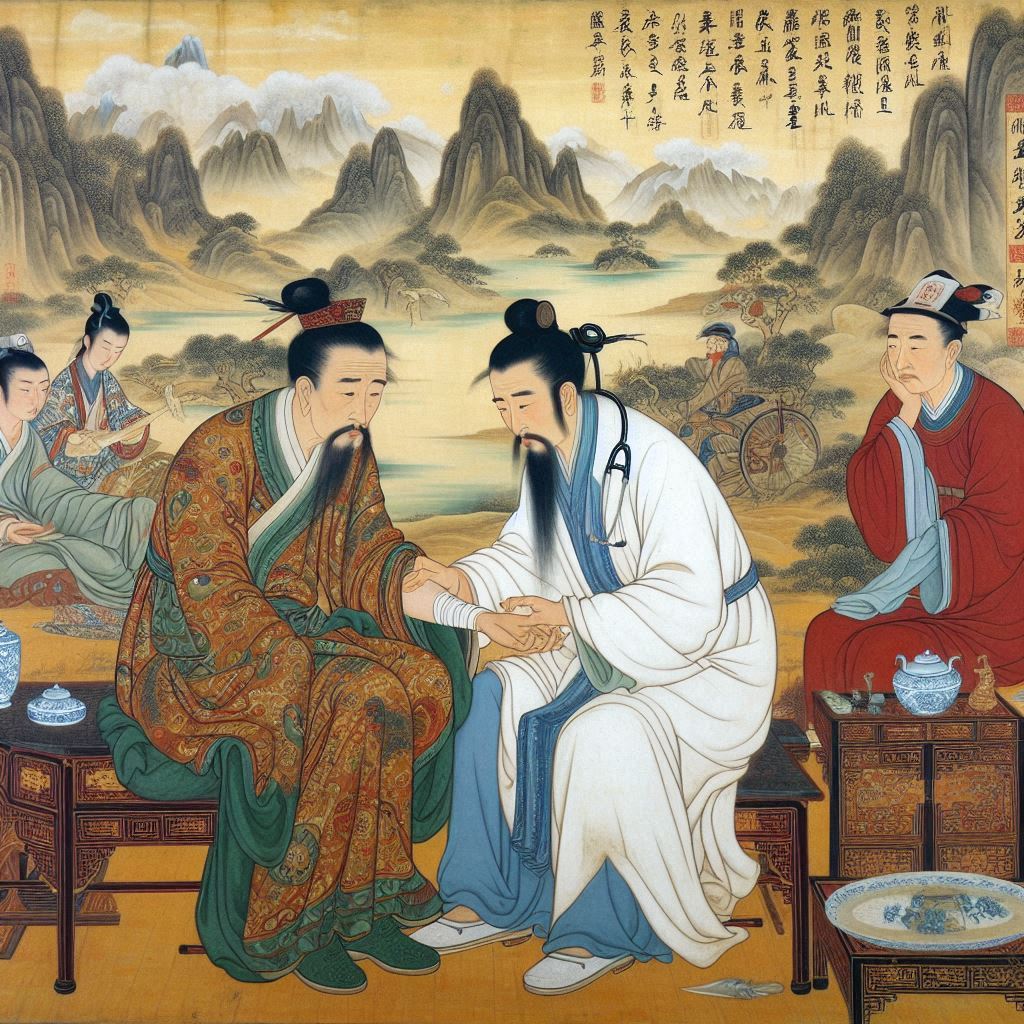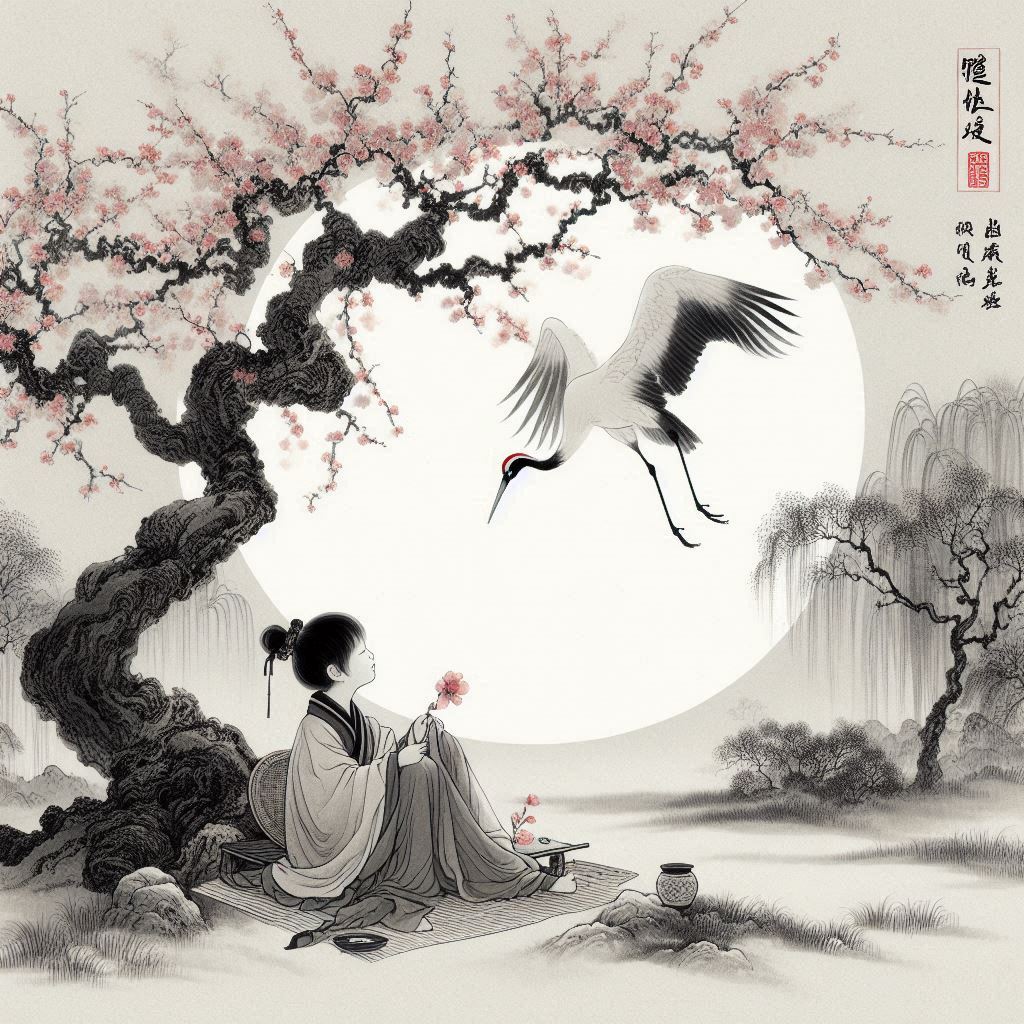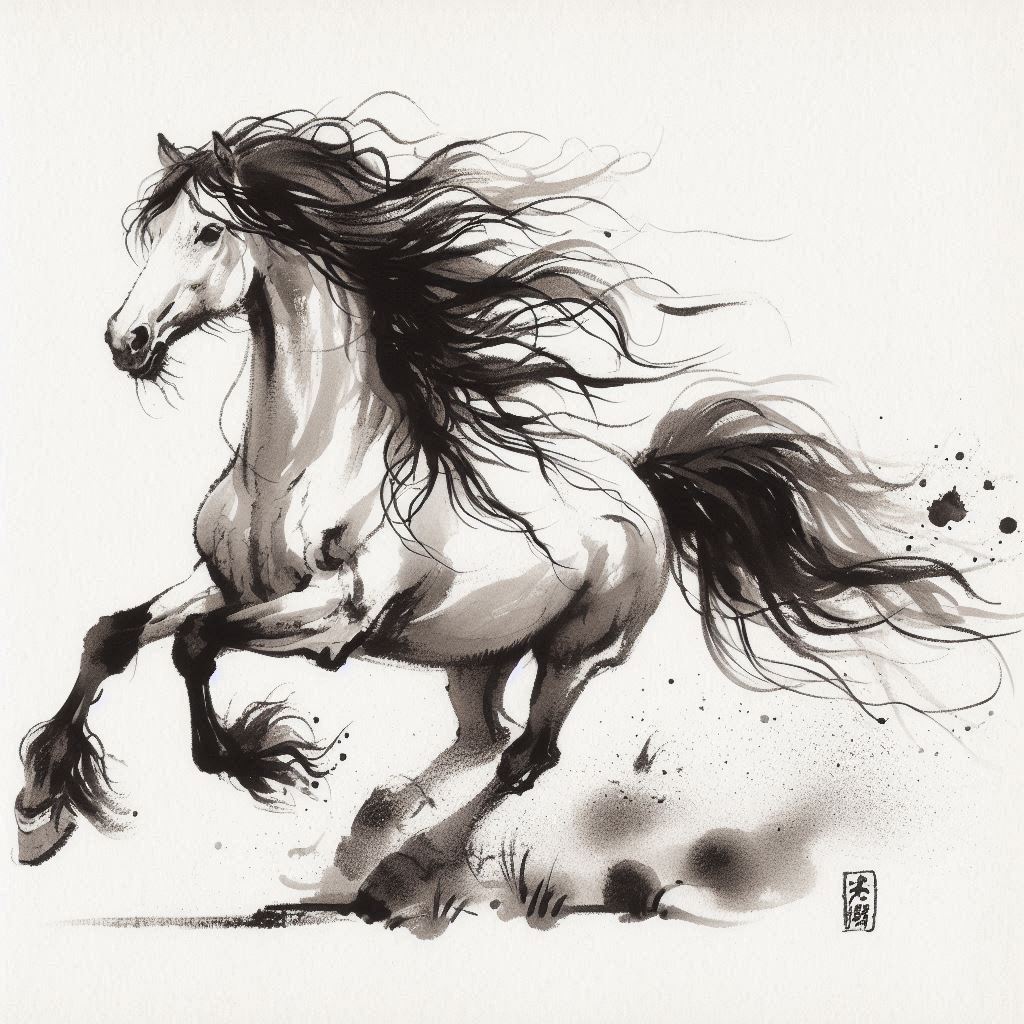In traditional Chinese medicine the Stomach is the partner organ of the Spleen and its main function is "to receive and decompose food"(1). The Qi of the Stomach is essential for transmitting the food down(1)(3) to the other organs that participate in the digestion therefore the Qi of the Stomach always needs to flow downwards(2)(3). Unhealthy flow of Stomach Qi manifests in either “rebellious Qi” - when the Qi is flowing in the wrong direction, or “stagnant Qi” - when the Qi ceases to flow smoothly.
Signs of rebellious Stomach Qi are nausea and vomiting(2)(3). Often the cause for rebellious Qi is sudden or excessive emotions which interfere with its healthy descending(2).
Stagnated Stomach Qi manifests with bloating, belching and distention(2). It is also caused by excessive emotions, especially worry and overthinking (the emotions of the Earth element).
The state of the Stomach is dependent on one's eating habits. The Stomach prefers "moist" foods and dislikes “dry” foods(2)(3)(baked or broiled goods as well as foods with "drying" quality such as oats, rye, etc). On the other hand the Stomach’s partner - the Spleen - prefers warm and dry foods. Therefore to attend to both the Stomach and the Spleen we need to alternate moist with dry.
Another important part of having healthy Stomach and Spleen is the balance of hot and cold. “Hot foods” are spicy foods (with the exception of mint and its family, turnip, radishes), most meats (with the exception of pork), some nuts and seeds. “Cold foods” are most fruits and vegetables, clams, crab, tofu.
Except balancing hot, cold, dry and moist foods in our diet it is also good to remember these essentials:
- Eat small meals more often rather than big meals in big intervals.
- Do not overeat.
- Do not eat late at night – this is a major cause for Spleen/Stomach dysfunction.
- Do not eat cold foods straight from the refrigerator. Always go for room temperature.
- Eat good breakfast (the majority of today's people drink a cup of tea or coffee to start their day, which is not healthy). Preferably start your day with something warm and easy to digest, such as hot cereal or congee.
YS
(1) Deng Liangye, Gan Yijun, He Shuhui, Ji Xiaoping, Li Yang, Wang Rufen, Wang Wenjing, Wang Xuetai, Xu Hengze, Xue Xuiling, Yuan Jiuling (1987). Chinese Acupuncture and Moxibustion. China: Foreign Languages Press
(2)Maciocia, Giovanni (1989). The Foundations of Chinese Medicine. Edinburgh: Harcourt Publishers Limited
(3) Zhang, Enqin (1990). Basic Theory of Traditional Chinese Medicine. Shanghai: Publishing House of Shanghai College of Traditional Chinese Medicine
Related Articles:
The Spleen and the emotion pensiveness
The Spleen, the season late summer, and foods during late summer that benefit the Spleen
Herbs that treat dampness and benefit dampness in the Spleen
Herbs that tonify Qi and benefit Spleen Qi deficiency
Herbs that clear heat and dry dampness
Please read our Disclaimer









